Opinion & Analysis
Author: anonymDate: 2024-11-21 14:23:39
A contender of a distinctive hue enters the Cottesloe electoral battle, with experts predicting enduring dominance by the established parties.
Local GP Rachel Horncastle will be an independent candidate in the electorate of Cottesloe
Among securely Liberal constituencies, the coastal district of Cottesloe stands out for its unwavering loyalty. Previously represented by ex-premier Colin Barnett, it boasts WA's most affluent postal code, home to individuals like mining tycoon Andrew Forrest. In its seven-decade history, only four individuals—all Liberals—have held the seat. Even Labor's significant 2021 gains failed to dislodge Cottesloe—one of only two Liberal strongholds remaining at day's end. But with the current MP departing and a uniquely colored candidate joining the race, is a shift on the horizon in Cott?
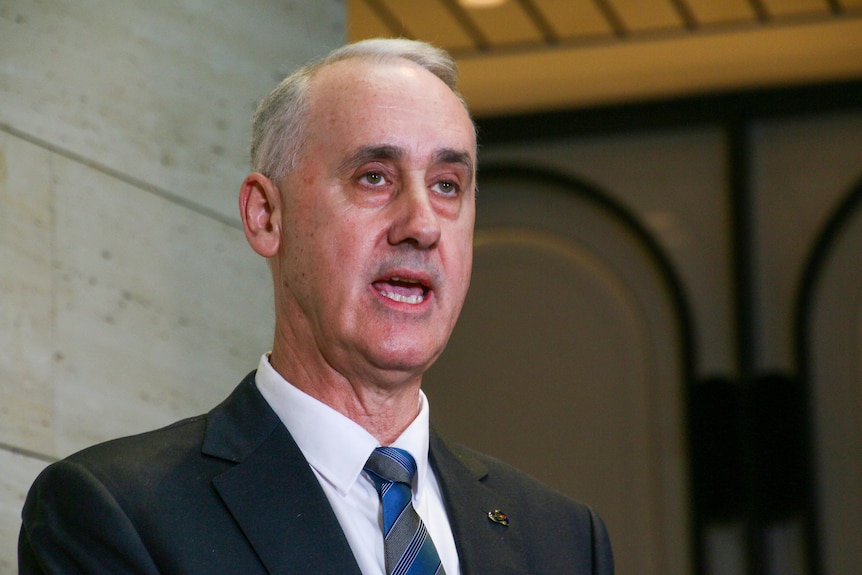
The 2021 electoral landslide resulted in a 10.7 percent shift against the Liberals in Cottesloe, yet David Honey secured victory with a comfortable 7.4 percent margin. However, he lost the nomination earlier this year, paving the way for new Liberal candidate Sandra Brewer. Before becoming the Liberal candidate for Cottesloe, Ms. Brewer served as the chief executive of the WA Property Council.
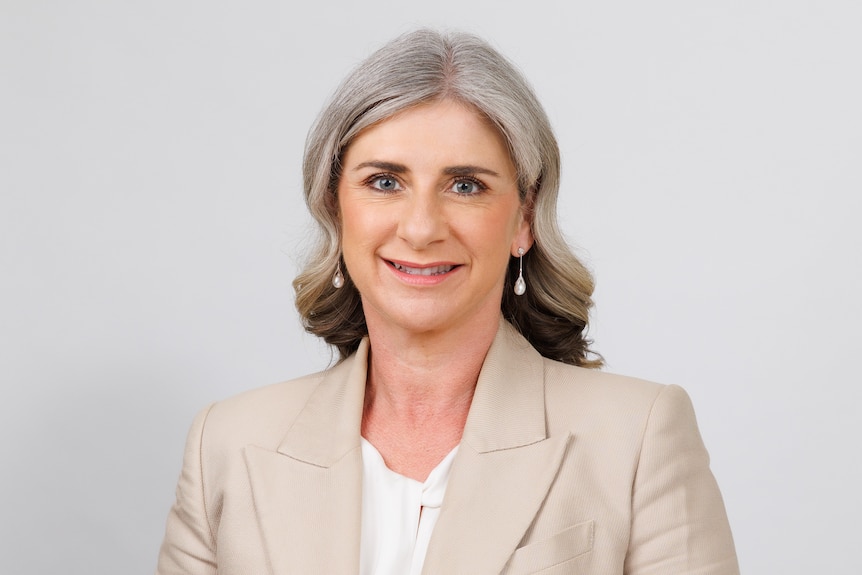
Ms. Brewer's rivals perceive her connections to property development as a critical weakness in a constituency historically averse to such projects.
New face
Enter local physician Rachel Horncastle—the newly declared independent candidate for Cottesloe—advocating for a prohibition on political contributions from property developers in WA.
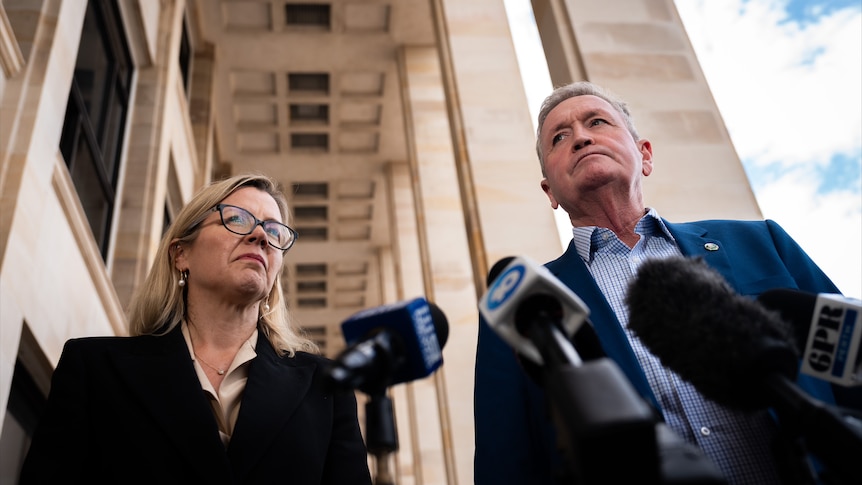
"Property developers wield excessive influence in WA politics, contributing substantial sums to both major parties and, in some instances, directly selecting and funding candidates," Dr. Horncastle asserts. In the past, an independent challenger in Cottesloe would have been swiftly disregarded. But that was before the election of teal independent Kate Chaney to the federal seat of Curtin—which includes Cottesloe. While Ms. Chaney benefited from the financial support of Simon Holmes a Court's Climate 200, Dr. Horncastle's "grassroots" team claims community funding and no involvement from Climate 200. And while Chaney's campaign heavily focused on environmental action, Dr. Horncastle will emphasize concerns about "sustainable growth, health, and environmental preservation".
'Little time to campaign'
Dr. Horncastle's prospects are considered minimal by political analyst Martin Drum. This is partly due to her late entry into the contest. "I believe Cottesloe is a constituency ripe for a teal-style independent," he stated. "It shares characteristics with other teal seats won in the last federal election.
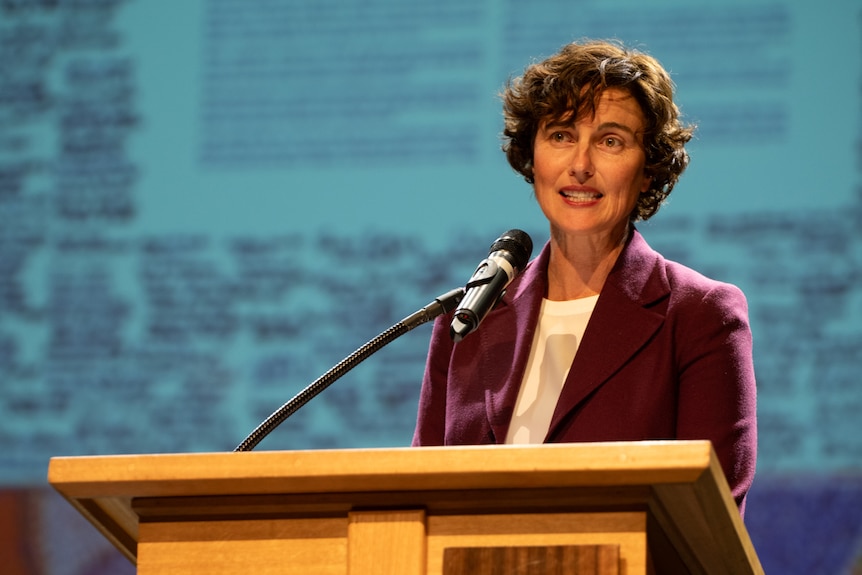
However, Kate Chaney ran a highly visible and prolonged campaign, and most successful candidates have been campaigning for a year or more before election day. "Assuming a March 8 election—there's very little time left for campaigning."
Challenge dismissed
When contacted, the outgoing MP Dr. Honey—who lost his nomination to Ms. Brewer—declined to comment on voter concerns regarding Ms. Brewer's past role with the property council. "I believe the electorate is committed to a robust opposition, and I expect Sandra Brewer to win the Cottesloe seat," he said.
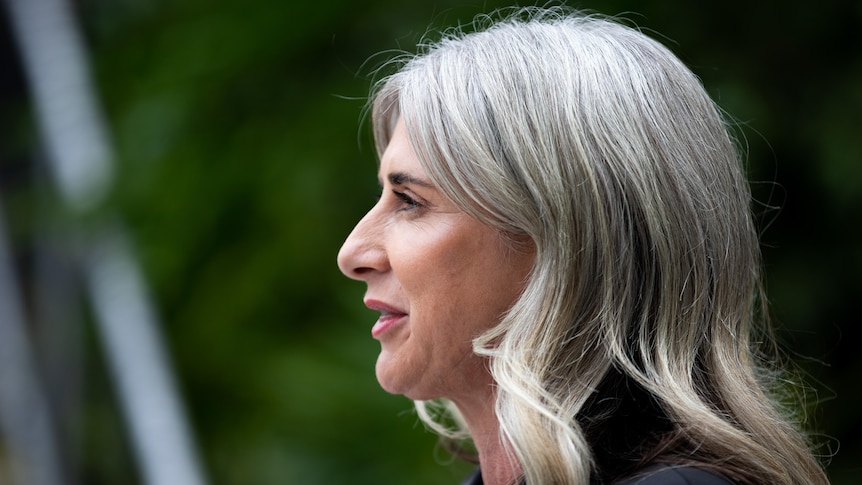
"Overall, voters are considering a variety of issues. Over-development in Cottesloe is a key concern." Former premier and Cottesloe MP Colin Barnett dismissed the teal challenger's significance entirely. "It will be a contest between the two major parties," he declared. He labeled as a "myth" the notion that western suburbs residents oppose "medium density" development. "Residents support expanded housing options in the western suburbs but desire well-managed growth," Mr. Barnett explained.
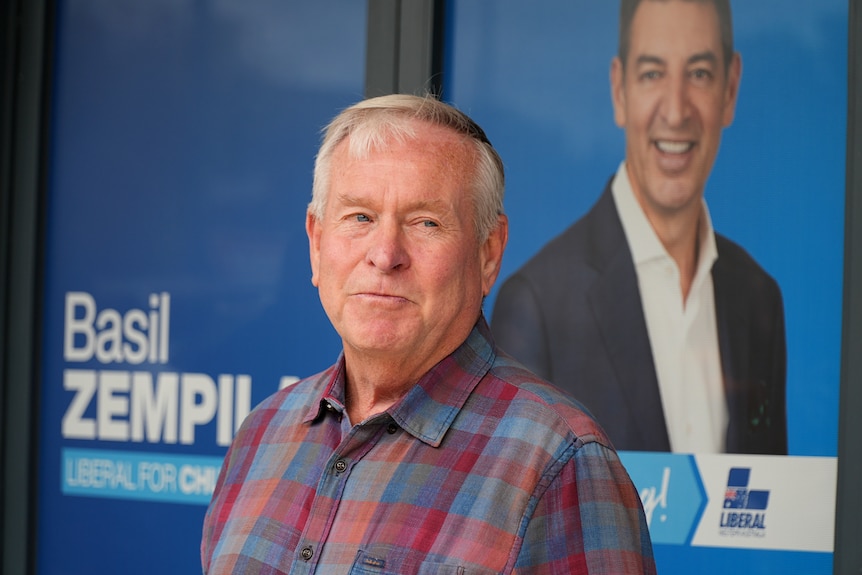
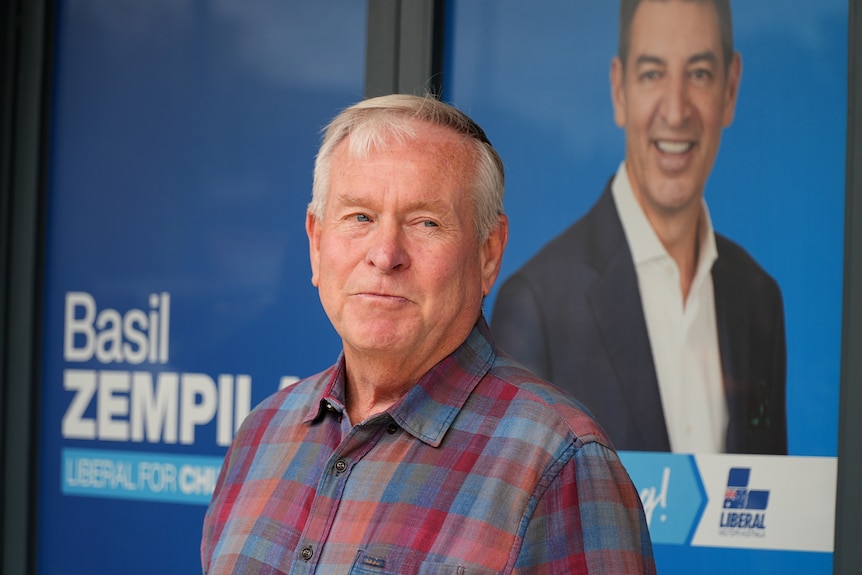
Speaking earlier this week, Ms. Brewer appeared unfazed by the prospect of a teal challenger. "They'll need a strong showing to defeat me; I've canvassed over 1,000 homes in the Cottesloe electorate," she stated.